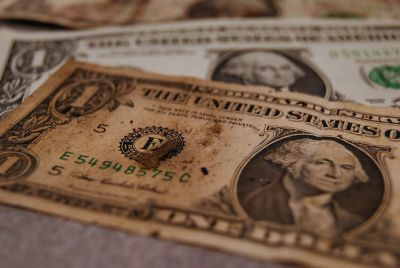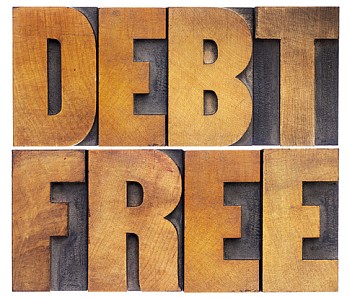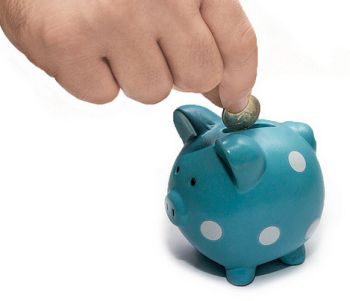5 Ways to Rein in Your Debt With Some Help

When facing debt, you have options on what to do and which professionals can help. Debt settlement, credit counseling, credit transfers, and bankruptcy can help get your fiscal concerns in order.
#1 Explore Debt Settlement
You may be able to reduce your debt via debt settlement. You pay a fraction of the debt in one lump sum, a strategy which can improve your credit score. However, you must have cash.
To secure an effective debt management plan, consult a professional and a reputable debt collection agency. Keep in mind, however, that these sources will incur fees.
Note that a debt settlement agency may not negotiate with you or may refer you to a credit counseling agency.
#2 Consider Credit Counseling
Credit counselors help people with budgeting and understanding their debt relief options. Nonprofits may offer credit counseling free of charge.
Credit counselors assist in the process of constructing a Debt Management Plan (DMP). A DMP reduces late fees and interest rates and allows you to make reasonable payments to an account. The credit counselor pays debts from this account.
A DMP is good if you have much credit card debt or cannot make monthly credit card payments. However, a DMP takes time to begin because you need to accrue money. Credit card, auto loan, medical, utility, cellphone, and apartment rent debts are eligible for DMP while federally backed student loans are not.
In a debt settlement arrangement, you pick which bills are settled in contrast to a DMP which involves making regular payments. Professionals often advise using a DMP because it can consolidate debt and improve your credit score.
#3 Consolidate Debt
Debt consolidation can secure a lower interest rate for and allows you to make reasonable payments over the course of time. Credit counselors can help with this payment process.
To consolidate debt, open a new credit card with a lower interest rate and transfer your existing balance to it. However, you may need to pay a fee of up to 5%. But a 0% interest rate may be in place for the first year or two. A credit transfer is only good with a credit score of 700 or above.
#4 Look Into Retirement Savings
If you have retirement savings, you may need to consider using those savings to pay off debt, although you should consider the consequences if you have to take money out of a retirement account.
Consult an expert on the tax implications of this decision. Since you won’t face a credit check, this option can be beneficial to you if you have a low score. However, using retirement savings should not be your first option because it hurts your ability to save money for retirement.
#5 Consider Bankruptcy
If your debt is high, filing for bankruptcy may be wise, but bankruptcy should be a last resort. Declaring bankruptcy prevents creditors from demanding money via lawsuits, seizing assets, and garnishing wages. You would need to go to court for a bankruptcy case, and if successful, you won’t have to pay certain debts.
However, bankruptcy does not wipe away mortgage, student debt, taxes, alimony, or child support payments. A property you own may be sold to pay the debt. Bankruptcy also causes your credit score to plummet and takes up to 10 years to clear. Consider other ramifications of this decision: Some companies may be reluctant to hire those who declare bankruptcy.
Review the options above to address debt and track your spending habits accordingly.
What option are you looking at to rein in your debt?




